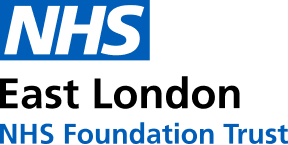HRA Approval
HRA Approval is the process for the NHS in England that brings together the assessment of governance and legal compliance, undertaken by dedicated HRA staff, with the independent opinion of a Research Ethics Committee (REC) provided through the UK Health Departments’ Research Ethics Service. It replaces the need for each participation organisation to carry out its own local checks of legal compliance and related matters.This allows participating organisations to focus their resources on assessing, arranging and confirming their capacity and capability to deliver the study.
While HRA Approval is the single approval for research in the NHS in England, there is still the requirement for researchers to engage with sites and for sites to confirm that they have all the arrangements in place in order to participate in the study.
Please note HRA approval only applies to England. For studies with sites in Northern Ireland, Scotland or Wales, further approvals may be required.
